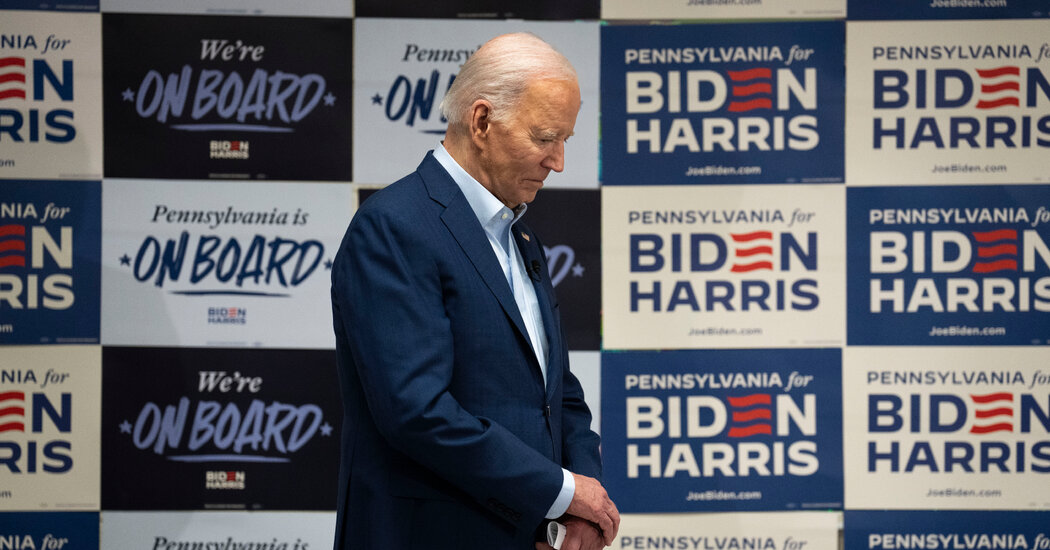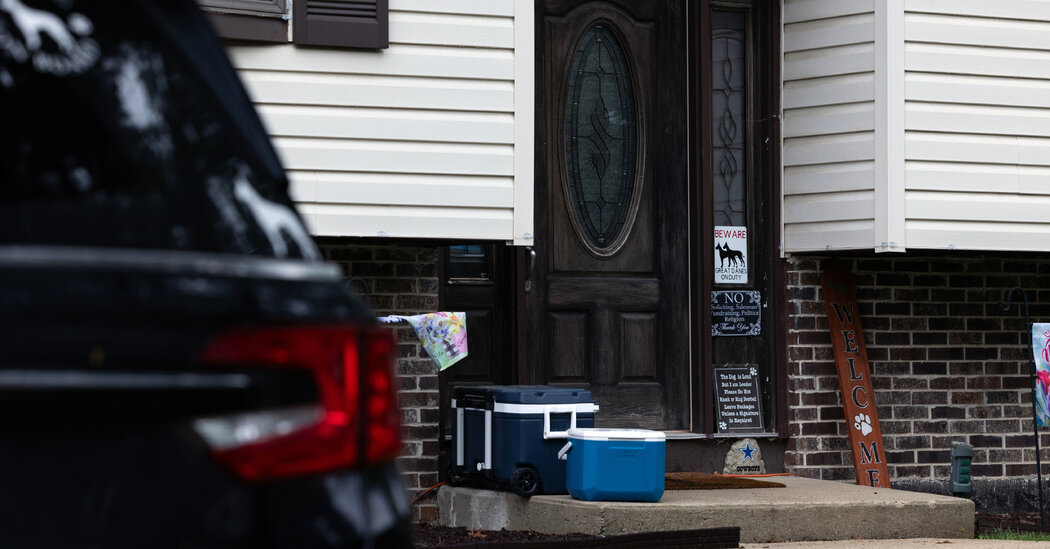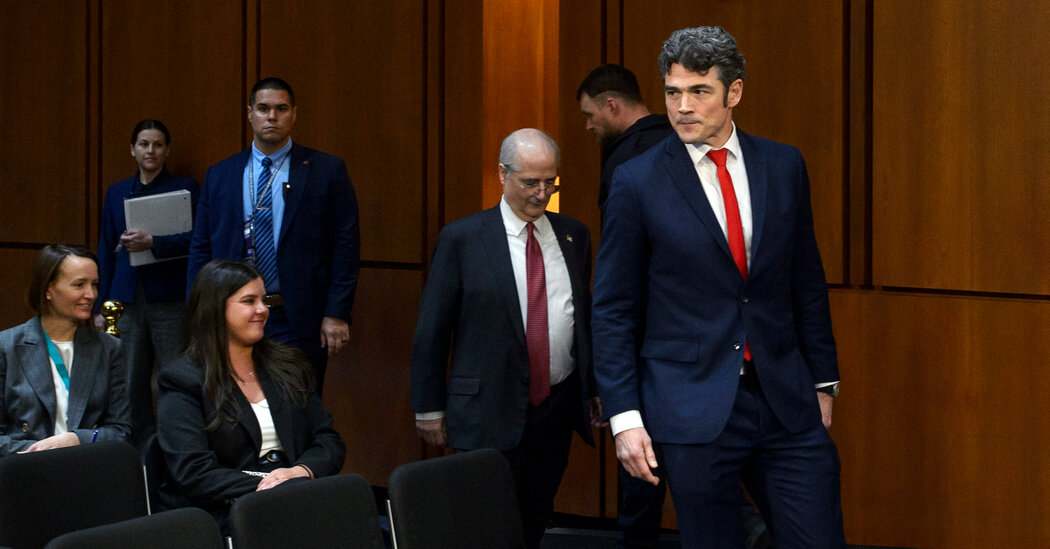A bid by the new Taliban government in Afghanistan and the junta ruling Myanmar to gain international recognition suffered a blow on Wednesday when the United Nations put off a decision on the rightful representatives of both countries.
The deferral by a powerful U.N. committee effectively denied, for now and possibly through much of 2022, attempts by the ruling authorities of Afghanistan and Myanmar, which are widely considered pariahs, to occupy seats at the United Nations.
The nine-nation Credentials Committee of the General Assembly, which is responsible for approving the diplomatic representation of each U.N. member state, held a closed meeting on the applications by the Taliban and Myanmar junta to replace the ambassadors of the governments they had deposed.
Afterward, the committee’s chairwoman, Ambassador Anna Karin Eneström of Sweden, told reporters that the panel “defers its decision of the credentials in these two situations.”
The United States and many other nations in the 193-member organization, along with a wide array of human rights groups, have denounced the repressive actions of the Taliban and the Myanmar military, known as the Tatmadaw.
The Taliban, known for its severe interpretation of Shariah law and harsh treatment of women, seized control of Afghanistan in August, toppling the U.S.-backed government after two decades of war and American-led occupation. The Tatmadaw overthrew the civilian government in a coup last February and imprisoned its leaders, including Daw Aung San Suu Kyi, the Nobel laureate.
Diplomats said the committee would make the deferral recommendation in a report to be submitted to the General Assembly next week.
That could mean the question of who represents both Afghanistan and Myanmar at the United Nations may not be resolved before the next annual General Assembly gathering in September 2022.
Many diplomats had expected a deferral recommendation, which postpones dealing with a delicate conundrum for the United Nations: Both the Taliban and the Tatmadaw may be widely regarded as odious, but each claims to be the legitimate national authority in their countries.
Some Taliban leaders are on U.N. sanctions lists. Many powerful U.N. members, including Russia and the United States, have said the militant group should be judged by its actions before any decision on recognition.
Myanmar’s junta presents its own awkwardness for the United Nations; the General Assembly, in an unusual vote this past June, condemned the coup and the junta’s crackdown on democracy protesters.
Richard Gowan, the United Nations director at the International Crisis Group, said the committee’s deferral on the Taliban and the Myanmar junta would “make it harder for both to establish themselves as legitimate governments” abroad, but that “ultimately both are focused on securing power at home.”


